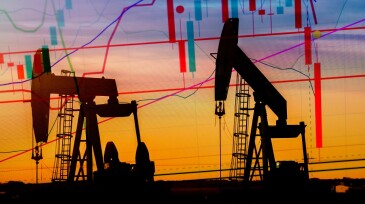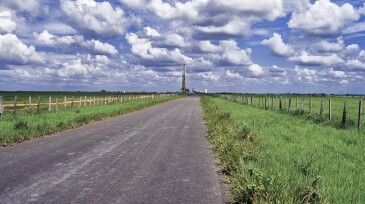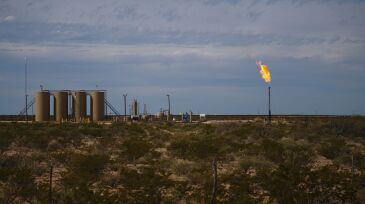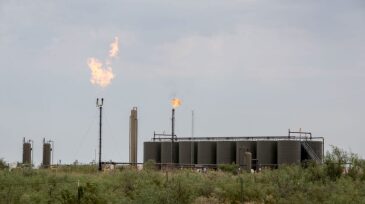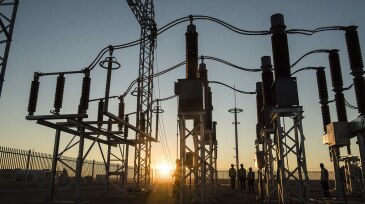Emission management
The Oil and Gas Climate Initiative (OGCI) and nonprofit Carbon Mapper announced they are teaming up to launch a new collaboration aimed at accelerating practical and measurable reductions in methane emissions from the oil and gas industry.
The newly named MTS brings together the full methane ecosystem, end to end—connecting technology, data, operations, and assurance across upstream, midstream, and beyond.
Monitoring on the ground is helping the industry shift from best estimates to hard data so it can bring the true emissions profile into focus.
-
The company’s 2021 Energy Transition Outlook says the Earth likely will miss the 2°C goal of the Paris Agreement and the window to get back on track is closing rapidly.
-
The energy transition was present but not at center stage at recent earnings calls as majors celebrated their improving financial performance.
-
The world’s largest emissions trading market will probably start slowly.
-
The year-long research project is aimed at proving the feasibility of reliable, space-based emissions monitoring.
-
We need to analyze the carbon intensity of reserves, the potential emissions that are in front of us, not just the carbon intensity of current operations. An engineering solution associated with production forecasts over time offers a framework for thinking through the carbon-emissions issue.
-
President Biden is seeking plans from pipeline operators aimed at curbing methane emissions in their daily operations.
-
The roadmap presented by the International Energy Agency requires extreme measures that could be career changing for petroleum engineers.
-
BP says its new $1.3-billion Grand Slam electrified oil, gas, and water-handling facility is a clear example of its net-zero strategy in action.
-
The major rule change adopted this month also gives oil and gas producers a deadline to capture 98% of their produced gas by 2026.
-
Iraq, which is second only to Russia in terms of gas flaring, is nearing an agreement with Total to implement dual-energy megaprojects to capture that gas and wean the country away from sanctioned Iranian gas and electricity imports. Solar power will play a major role.





